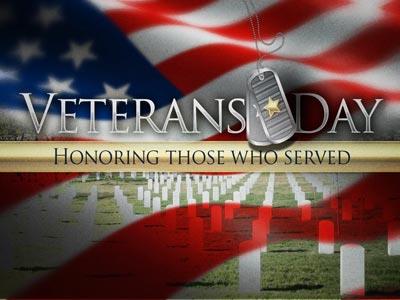-
The Sermon On The Mount / The Seventh Beatitude Series
Contributed by Simon Bartlett on Mar 12, 2022 (message contributor)
Summary: 'Blessed are the peacemakers.' We all too easily think in terms of fight or not fight. But Jesus gives us a clear goal when we are in or see situations of conflict.
Note: this was a talk for a family service which children come to. So we’re only covering one Beatitude and it’s fairly simple.
Over the past two weeks we’ve started to look at the Sermon on the Mount. This is a sermon preached on … you guessed it! … a mountainside. It’s the longest of Jesus’ sermons that’s recorded in the Bible and Jesus emphasised that this sermon is really important. The house of our lives stands or falls according to what we do with Jesus’ teaching in this sermon.
Jesus starts his sermon with nine sayings. Each saying begins ‘blessed are.’ Jesus says what makes people ‘blessed’ – what makes people happy or fortunate, in other words. We may think that CHILDREN are happy or fortunate if they have a mum and dad or if they can go to a good school. GROWN-UPS are happy or fortunate if they have a job and a home. We’re ALL happy and fortunate if we live in a country that’s at peace. But Jesus’ list is very different. It contains quite a few things which seem really weird! Blessed are the poor in spirit?! Blessed are those who mourn?!
Today we’re going to look at the seventh of Jesus’ ‘blessed are’ sayings. Jesus said, ‘Blessed are the peacemakers.’
I’d like you to imagine a family. It’s a bit of a stereotype but let’s go with it. It’s just an illustration.
There’s a mum and a dad. Or maybe he’s a partner or a ‘significant other’. It doesn’t really matter. There’s a son, Jonny, and a daughter, Lexi.
It’s Saturday morning. Mum’s inside doing something in the kitchen. Dad is outside doing something in the greenhouse. Jonny is playing a video game. Lexi is doing something with some Lego.
In the middle of the morning Mum tells Jonny, ‘You’ve been playing that game long enough. You can help me in the kitchen or you can help Dad in the garden.’ But Jonny doesn’t stop. So, Mum comes along, turns off the game, ejects the game card and puts it in her pocket. Jonny has a tantrum, shouts at mum and storms off. Mum says, ‘OK, if that’s how you want to play it, no playing on the game tomorrow either.’
Did the mum do the right thing?
The mum had two choices. She could give into Jonny. That would be the easy option. Or she could confront him. Tears and angry words. Mum’s choices were to give in or to fight. That’s what we think.
Do you think it was right for the mum to confront her son, to have a little fight with him?
Does anything like that happen in your home? It doesn’t just happen at home! This story is played out at every level. Most of us regularly find ourselves in situations where we have to choose, either to fight for something or to give in.
On the biggest scale, these conflicts are wars. In wartime countries may require young people to fight. in the Second World War Britain required young people to fight. People were ‘called up’. But the law allowed people not to fight if they objected to fighting on principle. But they had to do something else instead.
So, in a time of war, people had two choices. Fight or not fight.
Christians often see the situation the same way. Fight or not fight.
Some Christian groups believe that Christians shouldn’t fight. But not fighting is a difficult position to hold onto. There are some really bad people in the world. It’s difficult to argue that we shouldn’t act to stop them.
By and large, Baptists have believed that the Bible teaches that it’s sometimes right to fight. Where does it teach that? Let me give a couple of examples.
At about the time of Jesus a man called John the Baptist urged people to say sorry to God and change their ways. People then asked John the Baptist what they should do. Some soldiers asked what THEY should do. John the Baptist told them, ‘Don't take money from anyone by force or accuse anyone falsely. Be content with your pay’ [John 3:14]. John the Baptist didn’t tell the soldiers they shouldn’t be soldiers! If he thought that it was wrong to fight he would surely have said so. So it looks as though being a soldier isn't wrong.
There was an early Christian leader called Paul. He wrote that we should obey authorities because the ruler ‘does not bear the sword in vain’ [Romans 13:4]. There’s a role for the sword! A ruler has to deal with people who do wrong. In fact, Paul says that when a ruler enforces justice, he’s acting for God!
Because of verses like this Baptists have felt that sometimes, at least, it's right to fight. And they’ve put that belief into practice.

 Sermon Central
Sermon Central



